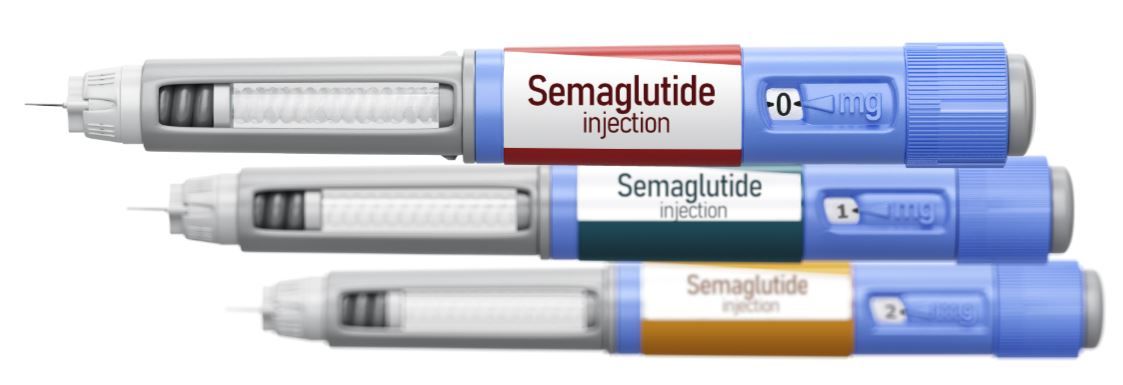- Clinical Technology
- Adult Immunization
- Hepatology
- Pediatric Immunization
- Screening
- Psychiatry
- Allergy
- Women's Health
- Cardiology
- Pediatrics
- Dermatology
- Endocrinology
- Pain Management
- Gastroenterology
- Infectious Disease
- Obesity Medicine
- Rheumatology
- Nephrology
- Neurology
- Pulmonology
Semaglutide 2.4 mg: Shows Superior Improvement in Liver Fibrosis, MASH Resolution in Pivotal Phase 3 Trial
Novo Nordisk announced the topline findings from the pivotal ESSENCE trial and intends to file applications in early 2025 with US and EU regulators.
The phase 3 ESSENCE clinical trial of once-weekly semaglutide 2.4 mg in adults with stage 2 or stage 3 liver fibrosis met its primary endpoint, demonstrating a statistically significant and superior improvement in both liver fibrosis and resolution of metabolic dysfunction-associated steatohepatitis (MASH) compared to placebo, according to an announcement from Novo Nordisk.1
©Corona Borealis/stock.adobe.com

Topline data were reported from part 1 of the pivotal 240-week trial, which followed 72 weeks of treatment for the first 800 participants randomly assigned to semaglutide 2.4 mg or placebo. Novo reported that 37.0% of study participants who received semaglutide 2.4 mg achieved improvement in liver fibrosis with no worsening of steatohepatitis compared to 22.5% of those randomly assigned to receive placebo.1 Among semaglutide-treated participants, more than 1.5 times more experienced resolution of steatohepatitis with no worsening of liver fibrosis compared to those treated with placebo (62.9% vs 34.1%, respectively), Novo reported. The safety and tolerability profiles observed with semaglutide 2.4 mg reflected previous trials with the medication.1
“We are very pleased about the ESSENCE clinical trial results and the potential of semaglutide to help people living with MASH” Martin Holst Lange, executive vice president and head of development at Novo Nordisk, said in the company news release. “Among people with overweight or obesity, one in three live with MASH. This has a serious impact on their health and represents a significant unmet need.”1
The company expects to submit regulatory applications in the US and Europe in the first half of 2025, according to the news release. Additional detailed results from part 1 of the ESSENCE trial will be presented at future scientific conference this year, Novo said.
MASH is a progressive metabolic liver disease that without effective management can be fatal. In the US, the number of individuals with MASH is predicted to rise by 63% between 2015 and 2030, from 16.5 million to 27.0 million cases.2 MASH is metabolically closely associated with cardiovascular, renal, and other metabolic diseases.3 Moreover, estimates are that 1 in 3 adults living with obesity also have MASH, although given its asymptomatic nature, they may be undiagnosed and unaware.4
ESSENCE is a 2-part clinical trial in which 1200 participants with MASH and moderate-to-advanced liver fibrosis were randomly assigned 2:1 to receive semaglutide 2.4 mg or placebo on top of standard of care for the full 240 weeks.1 The objective for part 1 was to demonstrate improved liver histology based on biopsy evaluation at 72 weeks for the first 800 participants. For part 2, an open-label extension that will follow participants for up to 5 years, investigators will monitor endpoints including cirrhosis-free survival. Novo expects results in 2029.
Semaglutide, a glucose-like peptide-1 receptor agonist is approved in the US as an adjunct to diet and exercise to reduce hyperglycemia in people with type 2 diabetes (Wegovy); for treatment of obesity or of overweight in individuals with 1 or more related comorbidity (Ozempic); and has been granted label extensions for cardiovascular risk reduction in certain high-risk patient groups.
